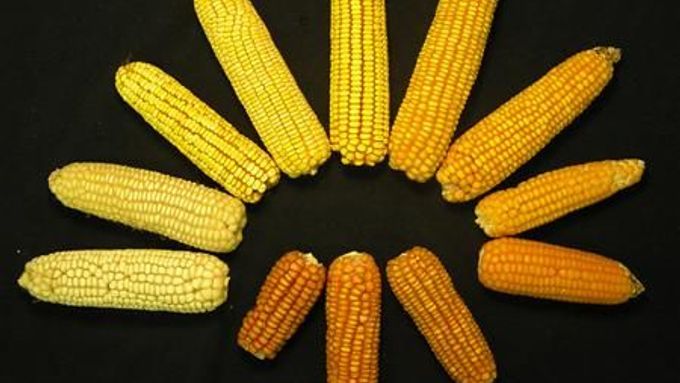
Brno - The Czech Republic seems to be anxious to maintain its reputation of a European superpower in cultivating genetically modified (GM) crops.
In four Czech localities, transnational company Syngenta will test allegedly pest-resistant GM corn named GA 21.
Testing, testing, one, two, three...
The test station in Nechanovice and two research institutes in Prague and Kroměříž have already asked the Czech Ministry of the Environment for a permit to conduct the tests.
"Field tests will take place in four localities in a period between April and November. An area planted with GM corn won't be larger than 16 thousand square meters and we won't crop more than 40 thousand plants," assured Syngenta in a request sent to the ministry.
So far, corn GA 21 has been approved to be cultivated in the USA, Canada, Argentina and Japan.
In Europe, only few countries are going to test the new crop. Syngenta allegedly tests GA 21 corn in the Czech Republic, France, Romania and Spain.
The trial growth aimed at testing its qualities is to be initiated this year and won't be concluded before 2011.
Industry leader
The Czech Republic has already reached the third place in the EU's ranking of GM corn-planting countries.
According to a watchdog organization GMO-Compass, 5,000 hectares were used last year to cultivate GM-corn in the Czech Republic, up from 1,290 a year earlier. In 2005, when GM-corn was first introduced to the country, it had been only 270 hectares.
The Czech Statistical Bureau indicates that 5.4 per cent of the total amount of corn produced in the Czech Republic is genetically altered at the moment.
Stepping on brake
Usage of crops that are genetically modified to be more resistant to pest is criticized not only by activists, but even by some governments.
Taking into account objections raised by environmentalists, France has recently stopped new plantings of GM crops and authorized a scientific commission to present an analysis on the issue.
Hungary, Germany, Poland, Austria, Greece and Switzerland have placed similar restrictions.






